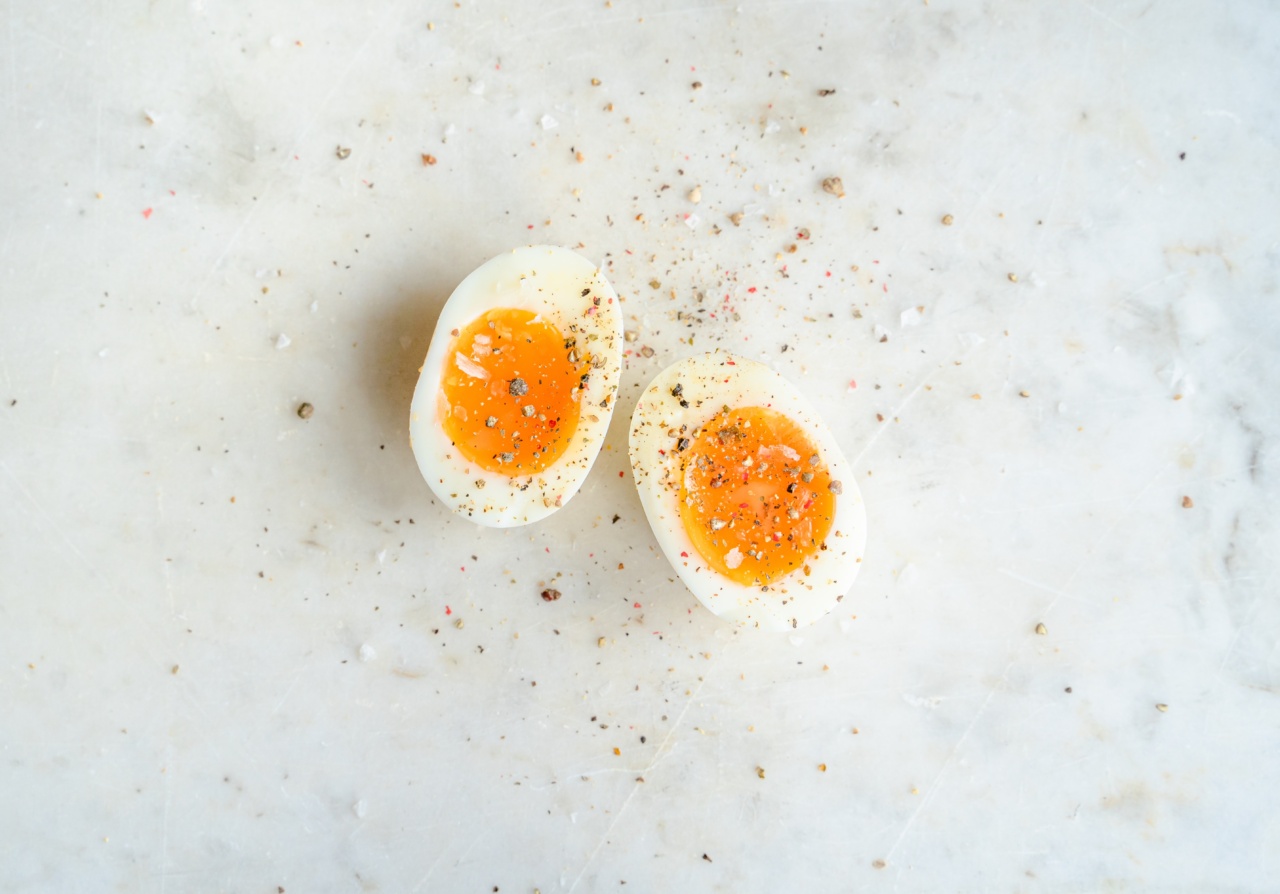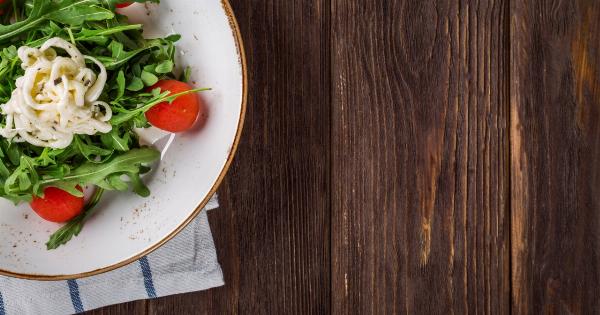When it comes to dieting, one of the biggest enemies people often overlook is salt.
While many people are aware that consuming excessive amounts of sugar or fat can hinder their weight loss goals, the impact of salt on dieting success is often underestimated. In this article, we will explore the reasons why salt is enemy #1 for dieting success, and how you can reduce your salt intake to achieve your weight loss goals.
The Role of Salt in Our Diets
Salt, scientifically known as sodium chloride, is a common mineral that is essential for our body’s proper functioning. It plays a crucial role in maintaining fluid balance, nerve function, and muscle contraction.
However, the average person tends to consume far more salt than what is necessary.
The Salt-Diet Connection
The consumption of excessive salt has been directly linked to several health problems, including high blood pressure, heart disease, and stroke.
Additionally, a high-salt diet can contribute to water retention, which can make you feel bloated and affect your overall appearance. For individuals trying to lose weight, this can be incredibly frustrating.
1. Water Retention and Weight Gain
When you consume a high amount of salt, your body tries to maintain a balance by retaining more water. This can result in temporary weight gain as the excess water is stored in your body.
Some studies have shown that reducing salt intake can lead to a significant decrease in water retention, resulting in weight loss.
2. Increased Food Cravings
Salt has the ability to enhance the flavor of food, making it more palatable. However, consuming too much salt can lead to increased food cravings, particularly for high-sodium, unhealthy snack foods.
These cravings can sabotage your weight loss efforts and make it challenging to stick to a healthy eating plan.
3. Salt and Hunger
When you consume excess salt, it can disrupt the balance of hormones that regulate hunger and satiety. This can lead to an increased appetite, making it difficult to control your food intake and resulting in weight gain.
By reducing your salt intake, you can help regulate these hormones and reduce your hunger levels.
4. Impact on Blood Pressure
Consuming too much salt increases the amount of sodium in your bloodstream, which can cause your blood vessels to retain fluid. This results in an increase in blood pressure.
High blood pressure not only poses significant health risks but can also hinder your weight loss efforts.
5. Hidden Sources of Salt
Many people are unaware of the hidden sources of salt in their diets. Processed and packaged foods, such as canned soups, sauces, and snack foods, often contain high amounts of sodium.
Even seemingly healthy foods like salad dressings and condiments can be packed with salt. Reading food labels and choosing low-sodium alternatives can help you reduce your salt intake.
6. Tips to Reduce Salt Intake
Reducing your salt intake doesn’t mean sacrificing flavor. Here are some tips to help you reduce your salt intake while still enjoying delicious meals:.
a. Cook at Home
When you cook at home, you have total control over the ingredients you use. This allows you to reduce the amount of salt in your meals and experiment with other flavorful herbs, spices, and seasonings.
b. Opt for Fresh Foods
Fresh fruits, vegetables, and lean proteins are naturally low in sodium. Incorporating more of these foods into your diet can help reduce your overall salt intake.
c. Be Mindful of Condiments
Condiments like ketchup, soy sauce, and salad dressings can be high in salt. Opt for low-sodium versions or make your own healthier alternatives at home.
d. Read Food Labels
Get in the habit of reading food labels to identify high-sodium products. Choose options with lower sodium content and be aware of the serving size to accurately monitor your salt intake.
e. Experiment with Herbs and Spices
Replace salt with flavorful herbs and spices like oregano, basil, garlic, cinnamon, and turmeric. Not only will this add depth to your dishes, but it will also reduce your dependence on salt for taste.
f. Minimize Processed Foods
Processed and packaged foods are notorious for their high salt content. Minimize your consumption of these foods and opt for fresh, whole foods whenever possible.
g. Stay Hydrated
Staying hydrated helps your body flush out excess sodium. Drinking an adequate amount of water throughout the day can help maintain a healthy sodium balance.
h. Gradual Reduction
Instead of completely eliminating salt from your diet, try gradually reducing your intake over time. Your taste buds will adapt, and you’ll start to appreciate the natural flavors of foods without the need for excessive salt.
i. Seek Support
Changing your dietary habits can be challenging, especially when it comes to reducing salt. Seek support from friends, family, or a registered dietitian who can guide you through the process and provide encouragement during your weight loss journey.
Conclusion
Salt is often overlooked as a major hindrance to dieting success. Its impact on water retention, food cravings, and appetite can sabotage weight loss efforts.
By reducing your salt intake and opting for fresh, whole foods, you can overcome this enemy and achieve your dieting goals. Remember, moderation is key, and small changes can lead to significant results in the long run.


























